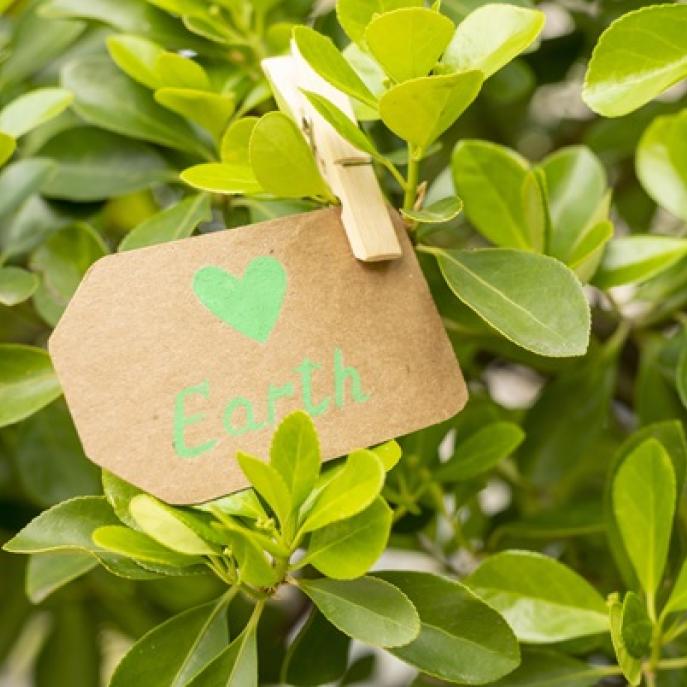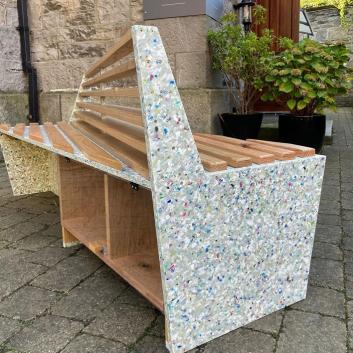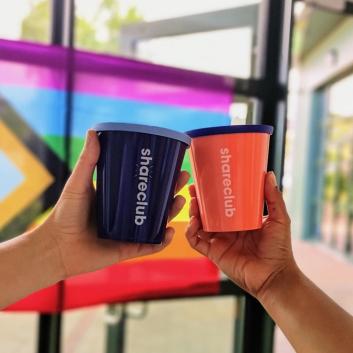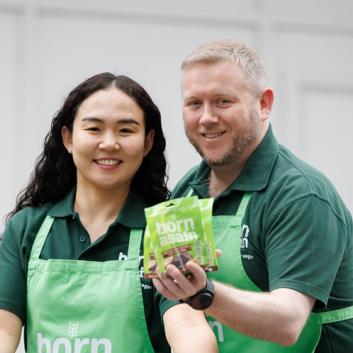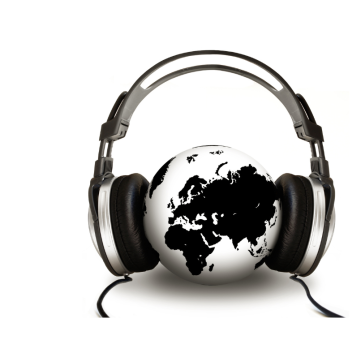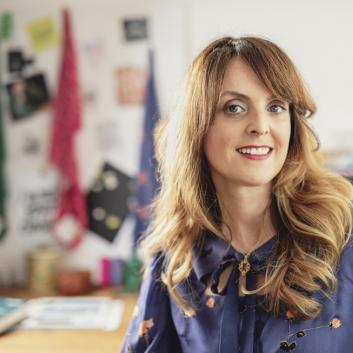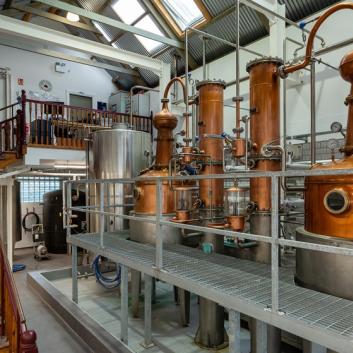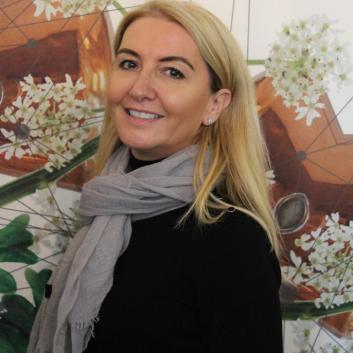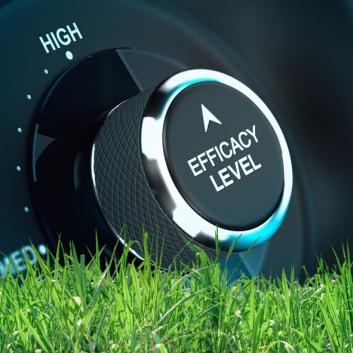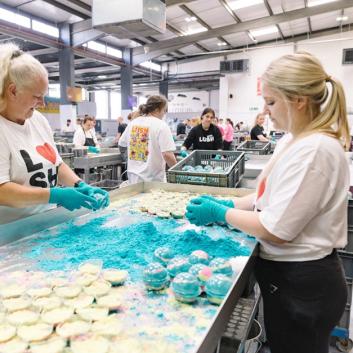Innovating green products from renewable resources to change everyday habits
This article is part of the 'Celebrating Circular` initiative and story collection that spotlights trailblazer Irish businesses making strides towards a more sustainable and low-carbon economy.
Talking about sustainability 30 years ago was mostly a chatter among environmentalists, and very few businesses were looking at innovating products based on considering environmental impact.
Still, two brothers, Russel and Garret Walsh, decided to leverage their engineering backgrounds to establish VivaGreen in 1992 to create a knowledge-based company and design innovative products made from renewable resources to empower people to choose natural alternatives.
Based in Dublin, they became world leaders in researching and developing biodegradable, chemical, and plastic-free materials, which led them to design various high-quality eco-friendly garden and household products.

Spotting opportunities to create green alternatives
Sean O’Haire, Marketing Manager, shares that the idea of creating one of their flagship products, the GreenStake, came from Garret’s passion for golf as he saw the countless plastic and metal staples used during plays, creating waste every step of the way.
He spotted the opportunity to create a green alternative that could offer a better solution, which eventually turned out to be one of the best decisions they have ever made.
“The application of this product now ranges from landscaping, gardening, and golf course maintenance to the use in fixing erosion control blankets or building tents.
This product has been 25 years in the making, but now it's in the spotlight as the market for sustainable products is surging,”
Sean explains.
Today, GreenStake is America's number one biodegradable staple, with a special ASTM D6400 certification that ensures it is plastic-free and truly biodegradable.
He adds that new policies and regulations with environmental considerations are game-changers for them in advancing this product. Today, their customers range from agri-giant John Deer to California State Parks to the Glastonbury Festival, to name a few.
Creating products with zero negative impact
The mindset of creating zero impact products has been guiding the company’s product development over the years.
One of their other major successes was designing MossOff, a unique formula made with natural ingredients that removes and prevents moss from virtually every surface.
VivaGreen created the world’s first chemical-free moss killer, which uses an innovative technology that practically makes moss suffocate without any harmful additive.
“While seeing these green products succeed in markets is great, we keep asking how we can use our expertise to create better alternatives.”
Sean explains that with this solution, you can have peace of mind knowing that it is safe around children, pets, plants, and pond life.
All these qualities and the easy-to-use method, where you only need to mix it with water, made MossOff the number one choice in Europe, with customers including Oxford University, the UK National Trust, and Windsor Castle.

Developing Tru Eco
Their passion led them on another adventure starting in 2021 to develop Tru Eco, a laundry and household range that could outperform chemical-based competitors.
This time, they aspired to make not just the product itself but every aspect of product management sustainable.
“We joined the MODOS business training to investigate how to bring our Tru Eco formula to market and examine every step of the journey so it would be fully circular. Looking at building a reverse logistics system where we can embrace reuse and refill was one of the areas we wanted to focus on.”
As Sean recalls, approaching this new challenge was a massive undertaking, but they knew where the market was going, and the course acted as a catalyst to explore this area further.
“We realised that we couldn’t be just another product. We had to stand out, offering a list of different unique selling points with our new Tru Eco range.”
Embracing circularity in product development
“Adding reverse logistics to the mix was a real challenge as it has never been done before at this scale in our industry.
It required a lot of education of partners and behind-the-scenes discussions to engage others and build up a system from scratch.”
They designed and built refill stations, but they also had to ensure they were presented and maintained properly at the stores, which initially was challenging.
Their hard work started to pay off when they saw that empty bottles were coming back, indicating that customers had a real appetite for not just using the product but participating in a refill and reuse scheme.

Collaborating for positive change
“We spent so much time and effort experimenting with creating a fully circular system, but our achievements show that it can be done. However, we couldn't have done it alone. We needed many partners along the way, from shops to manufacturers and distributors, to buy in and work together.”
Since they work with partners abroad, Sean is excited to explore how they can replicate this model in other countries.
“We have partners visiting us in Ireland to learn more about our circular and sustainable practices, and we are proud to present Irish innovation on a global scale. Also, now we use our expertise to develop solutions for others."
There’s great potential in advancing VivaGreen's mission to create solutions that are good for people and the planet, and Sean shares that recently becoming a father makes him proud to be part of creating a more liveable future.
Headline Image by freepik
Explore other inspirational stories as part of the Celebrating Circular initiative supported by the Regional Waste Management Planning Offices and Dublin City Council.






